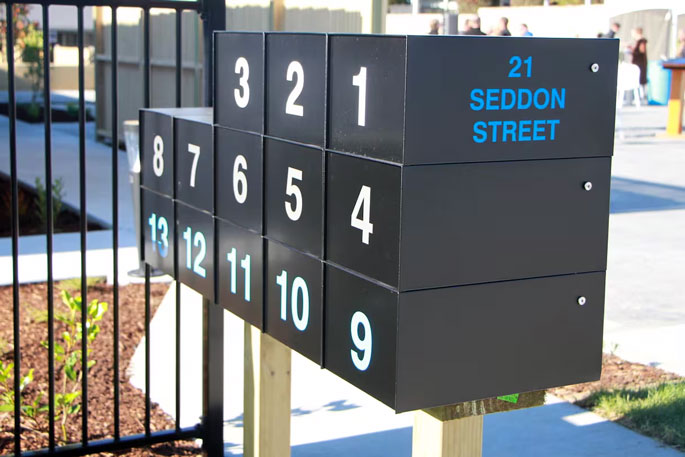Housing for all is a key focus of Western Bay of Plenty District Council’s refreshed Housing Action Plan 2024.
The plan updates the council’s Housing Action Plan 2018 and sets out ways it can have a bigger influence on improving the housing situation in the district.
It takes a “place-based” approach, focusing on the unique needs and opportunities in different neighbourhoods.
“Addressing the housing gap is a critical issue facing the Western Bay,” council chief executive John Holyoake says.
“Our rohe does not have enough affordable housing, smaller houses for single people or couples, or houses where multi-generations can live.
“Housing projects can take a long time to come to fruition, so we need to be consistent in our vision. The Housing Action Plan outlines both our strategies and how we need to work together with other stakeholders to achieve this vision.”
Homes that are affordable, accessible, secure, livable and appropriate to life stages and differing needs, are important for a community’s wellbeing, but a healthy housing supply also has economic impacts, he says.
“To grow productivity, we need more people, and people need places to live.”
Latest Census data shows the Western Bay of Plenty District is now home to 56,184 people living in 24,096 homes.
“Our district has grown by around 5000 people in the last five years, as we continue to be one of the fastest-growing areas in the country. This growth highlights the pressing need to expand our housing options and ensure everyone, from young families to retirees, has access to suitable housing.”
 As community housing, Accessible Properties Ltd’s 13-unit development in Seddon St benefitted from reduced development costs.
As community housing, Accessible Properties Ltd’s 13-unit development in Seddon St benefitted from reduced development costs.
He says the council’s role is to facilitate local housing strategies and action plans, provide opportunities for new housing (through land use zoning, streamlining the consent process, building infrastructure and accessing Government funding) and deliver specific housing projects that align with community needs, such as elder housing.
A close eye also needs to be kept on what is happening with housing policy nationally, including direction from central Government, new housing delivery models being developed and ways to bring those to the sub-region.
“It’s a complex issue, and there is no quick fix. But over the past five years we have made good progress,” he says.
“We’ll continue to work towards building a sustainable and inclusive housing network that meets the diverse needs of our people.”
Some examples of the work the council has done in the housing space over the past five years are:
■ Consented private developments on new subdivisions across the district, which are projected to bring more than 2100 homes to market over the coming years.
■ In 2022, the council reduced the development costs of community housing and Papakāinga (housing on ancestral Māori land). Projects to benefit from this include Accessible Properties Ltd’s 13-unit development in Seddon St, Te Puke, and Evergreen House, an affordable rental development, also in Te Puke.
■ New housing density rules – Plan Change 92 - have been introduced to Te Puke and Ōmokoroa to enable growth and create a wider range of housing options.
■ The council continues to support the Healthy Homes programme, 20 Degrees, which helps low-income households achieve warmer, drier homes.
■ The council is building 26 new elder housing rental homes at Heron Crescent, Katikati – this includes 15 additional units and the replacement of 11 existing 40-year-old units.
■ New or upgraded infrastructure is key to enabling housing development. The Ōmokoroa Stage 3 development includes transportation ($168m) and three-waters ($42m) over the next 10 years. For Te Puke’s population to grow, projects such as upgrading the wastewater treatment plant ($60m) are required.
■ Kaimai Views, Ōmokoroa, is an affordable housing partnership between Classic Group and Council, with an agreement that half of the homes (121) were sold below the median house price.



1 comment
does it?
Posted on 02-08-2024 06:13 | By hexsayer
so locals that need it should have first right to rejection (if they reject the proposed rental then next person). so there shouldn't still be homelessness in Te Puke. whose getting these exactly? and since you've opened the proverbial bag of lollies, hope you've got enough for everyone; else don't open it.
Leave a Comment
You must be logged in to make a comment.